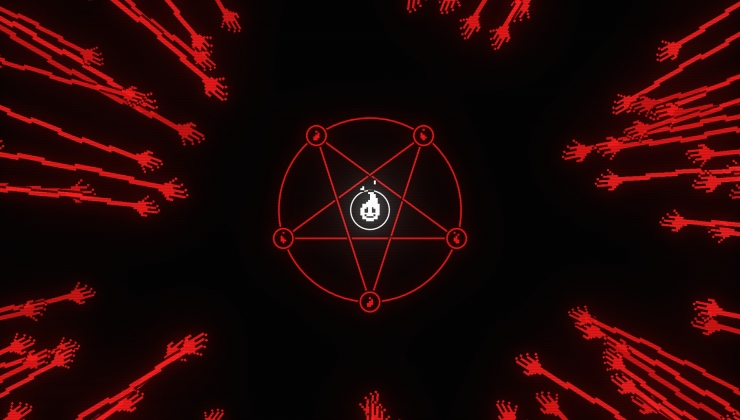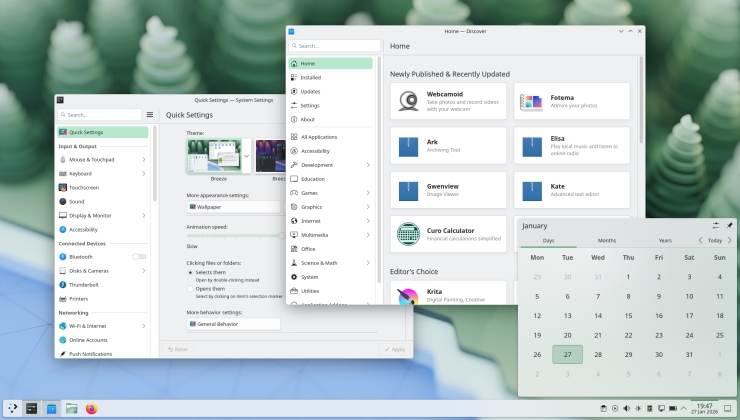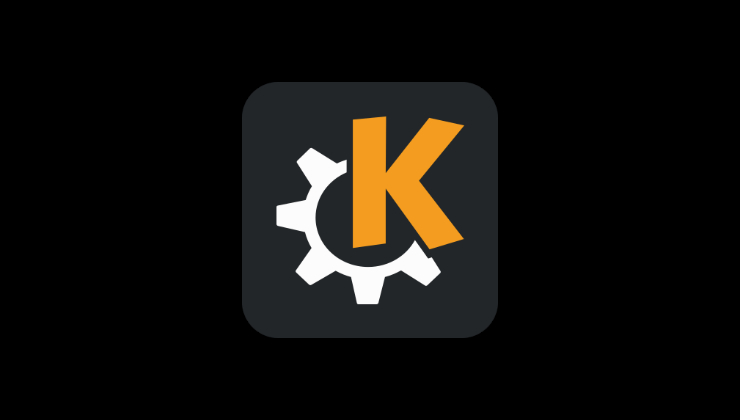It has been 7 years since Valve revealed Proton, their compatibility layer to run Windows games on Linux systems. What an incredible time it has been.
Hard to imagine Linux gaming without Proton now isn't it? Unless games use some funky video codecs or kernel-level anti-cheat, a lot of the time they do just work with the click of a button. We went from getting a handful of indie games and some AAA scraps from porting companies, to multiple tens of thousands of games — we're spoilt for choice on what to actually play. Going by ProtonDB there's at least 15,855 games rated playable by at least two reports, and Valve's Deck Verified system shows 21,694 games rated at least playable for SteamOS / Steam Deck. Incredible numbers and that's only what have actually seen some checks.
I still vividly remember the original announcement, shaking with excitement on what it would mean for the future. It has opened up a world of possibilities, where you (for the most part) don't need to be attached to Windows to play some of the best games around.
Valve's commitment to Linux and open source is very much self-serving of course, they are a company with goals. All of this was progress towards creating their own ecosystem with the likes of the Steam Deck / SteamOS and other potential hardware to come. Linux desktop users are mostly just along for the ride and reap all the benefits.
Thanks to all the work with Proton and the Steam Deck, the Linux user share on Steam is also on the cusp of breaking through 3% which is impressive considering the massive mountain that is Windows. You don't beat or even get remotely close to such an entrenched system overnight, movement like this just takes time. Slow and steady wins the race right? Valve continue playing the long game here.
What's truly incredible about Proton though is how it gives Valve a set platform to continue building on. So when we hopefully see a Steam Deck 2, or a Steam Machine TV console, it will be plug and play with all the existing games. Linking into why I love the whole idea of Valve using Linux with Proton, SteamOS / Steam Deck over traditional consoles is just having access to all the same games - no need to buy them again.
And with more publishers like Microsoft and Sony pushing their games on Steam too, we all win.
Here's to Valve and Proton, 7 years on. Cheers!
- Many of the native ports lag behind
- Or, they're buggy
- Rolling distros along with non-rolling distros make Linux difficult to support in a single "Linux" build. Not a new issue, but much more prevalent now than it used to be.
- The Steam Linux Runtime solves some of the previous issue, but if you require Steam, what's the difference at that point to using Proton practically speaking.
That said, I'd also like people to consider the possibility that things change over time. A big issue for most developers/publishers when supporting Linux has always been whether it would be worth the resources to do so for the limited customer base. Remember that the goal is to grow Linux market share, it's only us nerds that care about native or proton. Ideally, if Proton can bring more people over to Linux as their daily driver and grow that market share, than more power to Proton.
Just to those worried that Proton kills native ports. That may be true, but I'll remind you that...I wonder why people keep saying that, and I keep experiencing the opposite.
Many of the native ports lag behind
Or, they're buggy
I have good experiences with my game collection, consisting of some 400 games, > 90% of them being native games.
(So, you're really not "reminding" me of anything.)
Might be a matter of preferred genres. I'm mainly playing point and click and puzzle games.
I also usually play a game until it's finished and don't come back.
There's enough new stuff to play.
Might be a matter of preferred genres. I'm mainly playing point and click and puzzle games.Could be. Or it could be the same popular games, that kind of thing. I know a while back I was playing through Black Mesa, which has native linux support, which became completely unplayable in some scenes for me if there were too many particle effects. I switched to the windows version/proton to work around it and playing it that way worked perfectly with no issues. I did see a major patch came out for this game a while back, so maybe that fixes those issues?
I also usually play a game until it's finished and don't come back.
There's enough new stuff to play.
I guess off the top of my head that's truly the only one that comes to mind for me, at least via Steam, so perhaps it's the Steam Linux Runtime working wonders. I've certainly seen news blips of developers dropping linux ports due to bugs/maintenance, but I'm not positive those are ever games I actually play myself.
The Steam Linux Runtime solves some of the previous issue, but if you require Steam, what's the difference at that point to using Proton practically speaking.I don't think it requires Steam. I mean sure, the way it's normally distributed currently is via Steam, but the impression I'd always gotten was that it's just a group of open source libraries that games might depend on in a particular configuration, and so anyone could package it if they felt like.
Come to that, Proton doesn't require Steam either. It's open source too. My understanding is people can and do use Proton outside of Steam.
But I don't disagree with your points. Proton has proven a better solution than native for many games.







 How to setup OpenMW for modern Morrowind on Linux / SteamOS and Steam Deck
How to setup OpenMW for modern Morrowind on Linux / SteamOS and Steam Deck How to install Hollow Knight: Silksong mods on Linux, SteamOS and Steam Deck
How to install Hollow Knight: Silksong mods on Linux, SteamOS and Steam Deck